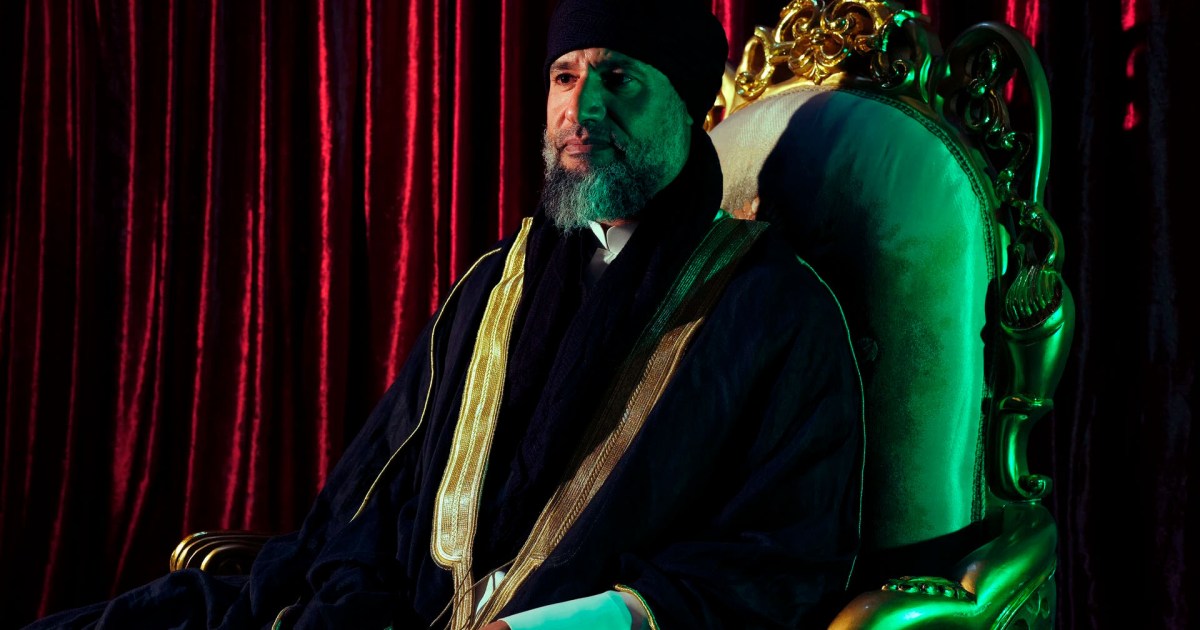The Office of the Military Prosecutor in Libya issued a search and investigation warrant to seize Saif Al-Islam Gaddafi and bring him to his office.
The memorandum stated that, with reference to the case file related to the murders committed by mercenaries of Russian nationality from Wagner during the attack of what is known as Operation Dignity - in reference to the forces of retired Major General Khalifa Haftar - on the capital, Tripoli (April 2019), the Public Prosecutor The military orders the arrest of Saif al-Islam Gaddafi and transferred him to his office.
And it was stated in the memorandum addressed to the concerned agencies that they can use the military and security authorities to implement this order.
Saif al-Islam, the son of former Libyan leader Muammar Gaddafi, appeared in a rare interview with the American newspaper "The New York Times", published on July 30, after he had been in hiding since his release in 2017.
In the long interview, he hinted at the possibility of his candidacy for the presidency, and said that he wanted to "revive the lost unity" in Libya.
Seif al-Islam, 49, said he is now a "free man" and plans to return to politics, without giving further details.
In 2011, after 4 decades of unchallenged power, Muammar Gaddafi and those close to him were overthrown in a popular uprising, and they were killed, imprisoned or exiled, but the fate of Saif al-Islam - who was considered the successor of his father for a long time - remained unknown.
In November 2011, he was captured by an armed group in Zintan (northwest Libya), and he was sentenced to death in 2015 after a quick trial, yet the group that detained him refused to hand him over to the authorities or the International Criminal Court, which is looking for him on charges of “crimes against humanity”, and released Released in 2017.
And this interview was conducted - as the New York Times says - last May in a "luxury two-storey villa" inside a closed complex in Zintan.
It is believed that any potential candidacy of Saif al-Islam would face a major problem after his conviction by a Libyan court and the issuance of an arrest warrant by the International Criminal Court, but the newspaper wrote that he was "convinced that these legal issues can be negotiated if the majority of the Libyan people choose him as a leader."

